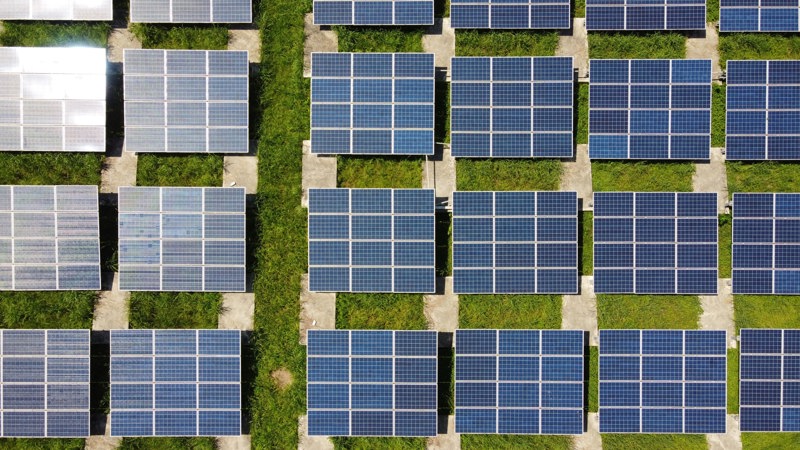
Background and mission
Germany is supposed to be climate-neutral by 2045, and the electricity sector is supposed to be based almost entirely on renewable energies as early as 2035. Currently, however, only 20% of energy consumption is covered by renewable energy. The share of renewables in electricity generation is less than 50%. So there is still a long way to go to achieve climate neutrality.
In our study commissioned by Uniti (Bundesverband mittelständischer Mineralölunternehmen e.V. - German Association of Medium-Sized Mineral Oil Companies), we examine the question of whether it is possible to rely on sufficiently available RES-E in the long term and, if not, what a sensible focus of electricity use might look like.
The future energy system is threatened by a gap in renewable electricity - in terms of energy and output
The central policy choice for the transformation of the energy system continues to be the comprehensive electrification of a large number of sectors. This will significantly increase electricity consumption as well as peak load by 2045 compared to today. If the expansion of RES-E generation is not significantly accelerated and/or electricity demand increases significantly due to strong electrification, there is a risk of an energetic RES-E gap in the long term. In addition, there is a risk of a shortfall in secured capacity - both due to growing peak loads and the loss of secured capacity from fossil and nuclear power plants.
Limited availability of RES-E requires sensible focussing of electricity use
There are certainly conceivable future scenarios in which RES-E is already largely used up by supplying the existing electricity sector (such as lighting etc.) as well as other electricity applications (battery factories). However, should additional renewable electricity be available due to a significantly accelerated renewable expansion, it can be used in further electrifyable application areas. For an optimal use of renewable electricty (as well as climate-neutral alternatives) in terms of cost-effective climate protection, CO2 avoidance costs should be the decisive benchmark. Depending on the individual case, renewable electricity or a climate-neutral alternative can be the optimal defossilisation option - the identification of the best technology for each individual case is complex and cannot be achieved with generalised guidelines.
Conclusion for an energy strategy open to the future
A possible limited availability of renewable electricity also in the long-term in Germany should be considered as a scenario in energy policy. Technological diversity can make an essential contribution to cost-efficient climate protection: Chemical energy carriers (gaseous, e.g. hydrogen, and liquid, e.g. e-fuels) can be imported from regions which have a lot of renewable energy and are transportable and storable. They can therefore contribute decisively to the resilience of the energy system and thus complement the direct use of RE electricity in Germany.
Frontier Economics regularly advises on the energy transition and on the impacts of government regulations.
For further information, please reach out to us by e-mail at media@frontier-economics.com or give us a call at +44 (0) 20 7031 7000.










